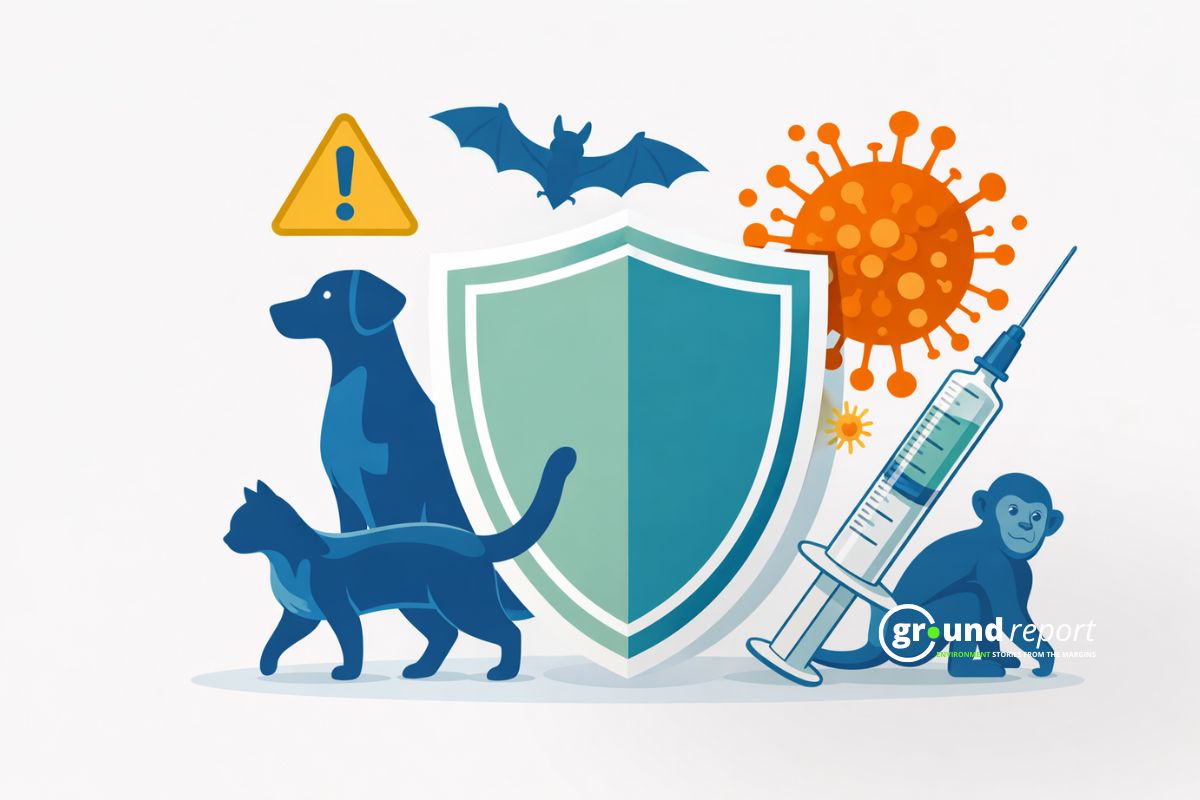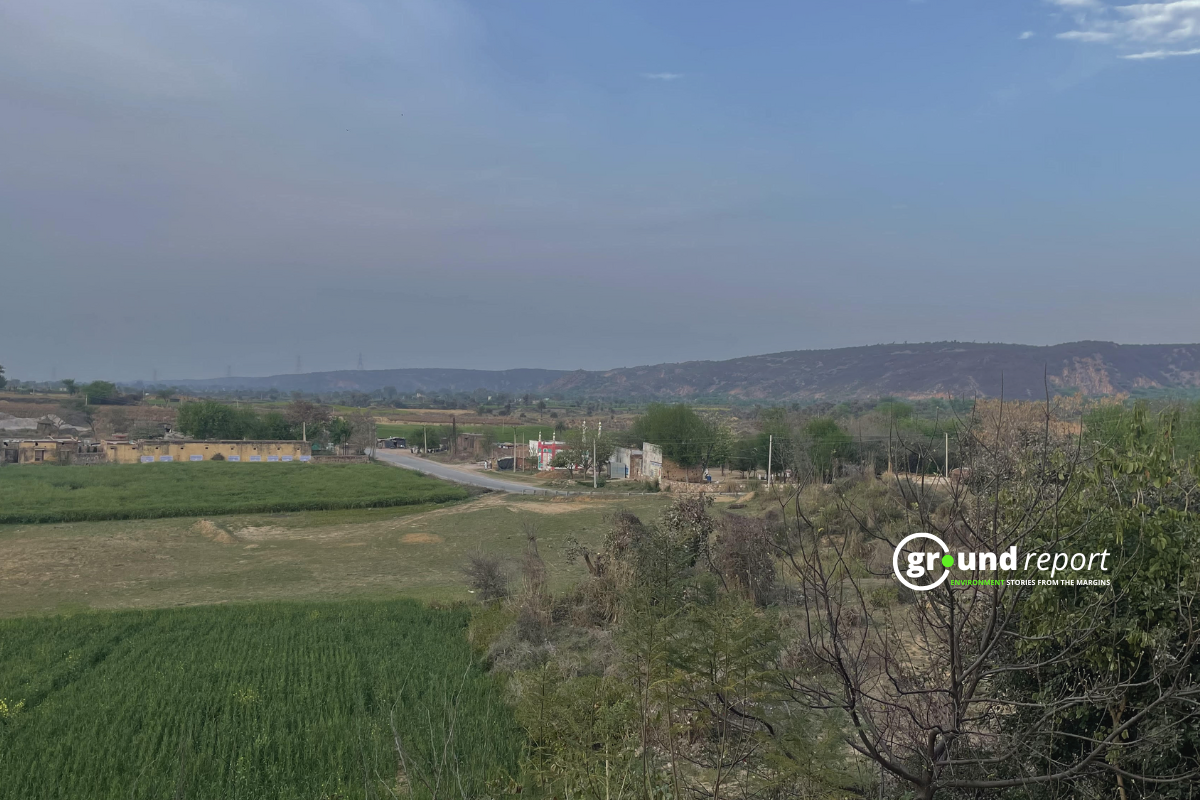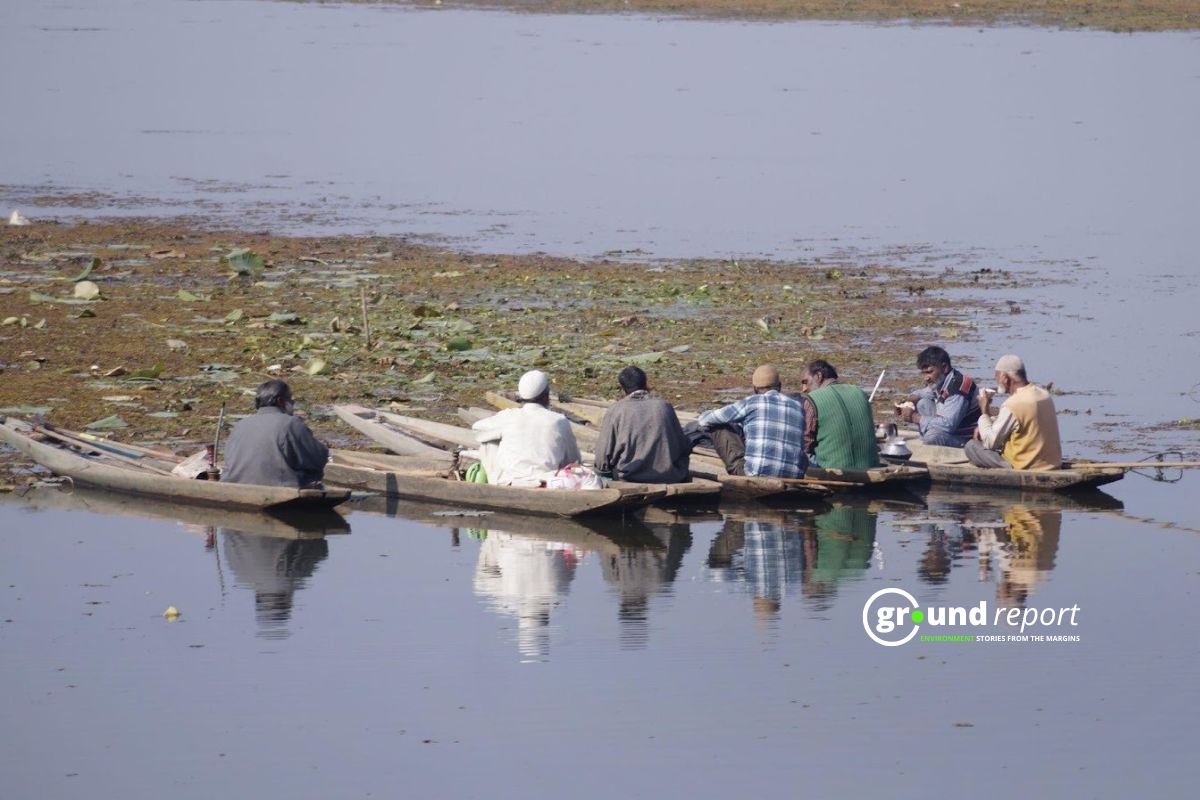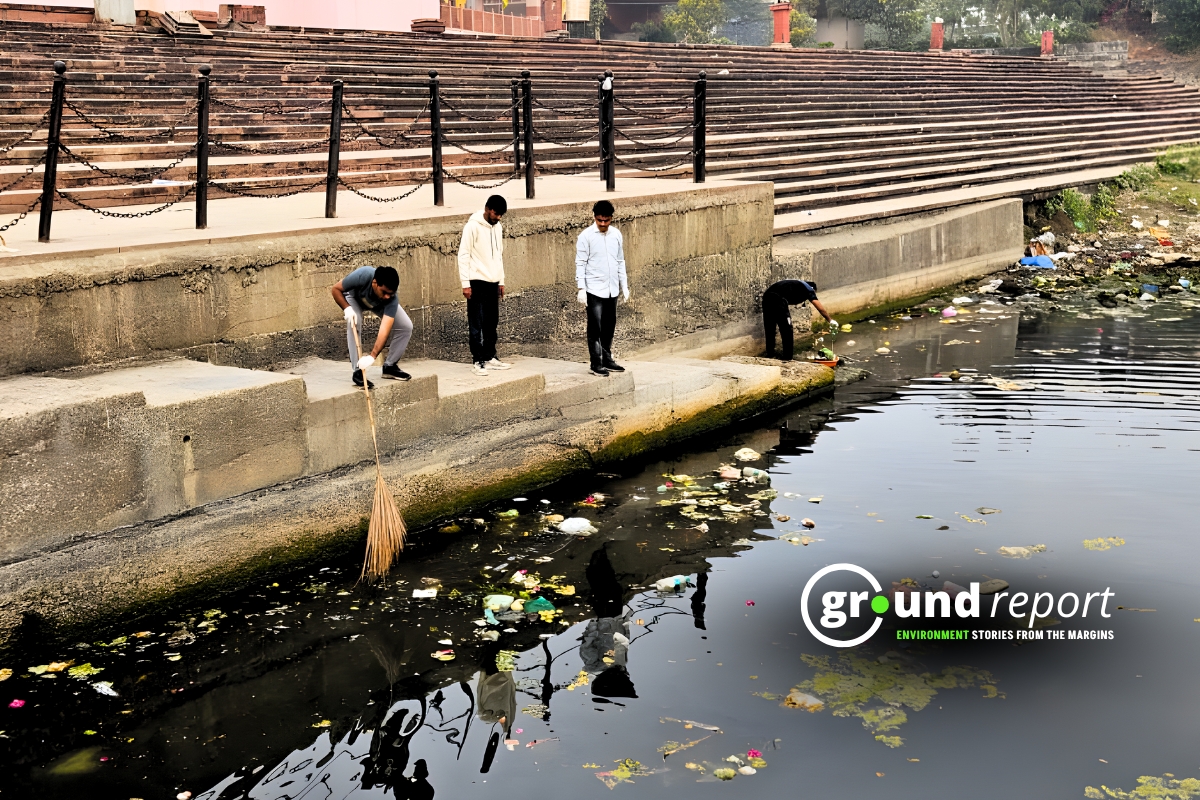Punjab Chief Minister Bhagwant Mann has been diagnosed with leptospirosis, a bacterial infection that poses health risks and can be transmitted through infected animals’ urine. Fortis Hospital in Mohali confirmed his vital signs are stable and he is undergoing treatment with antibiotics.
Dr. RK Jaswal, Director and Head of Cardiology at Fortis Hospital, examined Chief Minister Mann. He reported significant improvement in Mann’s clinical parameters, indicating a positive treatment response. “The Chief Minister had displayed signs of significant improvement. His treatment for increased pulmonary artery pressure has been effective,” Dr. Jaswal stated. Blood tests upon Mann’s admission for tropical fever tested positive for leptospirosis, prompting targeted antibiotic therapy.
What is leptospirosis?
The bacteria Leptospira, which can infect a variety of mammals including rodents, dogs, and livestock, is the cause of the zoonotic disease leptospirosis. It’s concerning in tropical and subtropical regions, where warm, humid conditions help the bacteria survive. Infection occurs when humans contact with contaminated water, soil, or infected animal urine. The bacteria enter through skin abrasions, mucous membranes, or through the eyes, nose, and mouth.
Symptoms and phases of Leptospirosis
Leptospirosis has two phases: the leptospirosis phase and the immune phase. The initial leptospirosis phase occurs 2 to 14 days after infection, with flu-like symptoms. Common symptoms include:
-
High fever
-
Headaches
-
Chills
-
Muscle aches
-
Abdominal pain
-
Nausea and vomiting
-
Diarrhea
-
Red eyes (conjunctival injection)
A more severe manifestation of symptoms can come next, which is the immune phase. This phase can lead to complications like Weil’s syndrome, associated with internal bleeding, kidney damage, and severe jaundice. Symptoms may include:
-
Severe jaundice
-
Coughing up blood
-
Chest pain
-
Difficulty breathing
-
Black, tarry stool
-
Decreased urine output
Chief Minister Mann’s case shows early diagnosis and treatment are crucial for recovery. Health officials emphasize that prompt medical attention can prevent disease progression into severe phases.
Risk factors for Leptospirosis
Individuals in areas prone to heavy rainfall, flooding, or recreational water activities are at increased risk of contracting leptospirosis. High-risk regions include tropical areas of South and Southeast Asia, the Caribbean, and sub-Saharan Africa. Outbreaks in the U.S. followed flooding in Hawaii and Florida, underscoring the need for vigilance during and after heavy rains.
Activities like swimming, boating, or water sports in freshwater bodies contaminated by animal urine increase infection risk. Health experts recommend avoiding contact with potentially contaminated water, especially after floods or heavy rainfall.
Support us to keep independent environmental journalism alive in India.
Keep Reading
Part 1: Cloudburst in Ganderbal’s Padabal village & unfulfilled promises
India braces for intense 2024 monsoon amid recent deadly weather trends
Follow Ground Report on X, Instagram and Facebook for environmental and underreported stories from the margins. Give us feedback on our email id greport2018@gmail.com.
Don’t forget to Subscribe to our weekly newsletter, Join our community on WhatsApp, and Follow our YouTube Channel for video stories.









